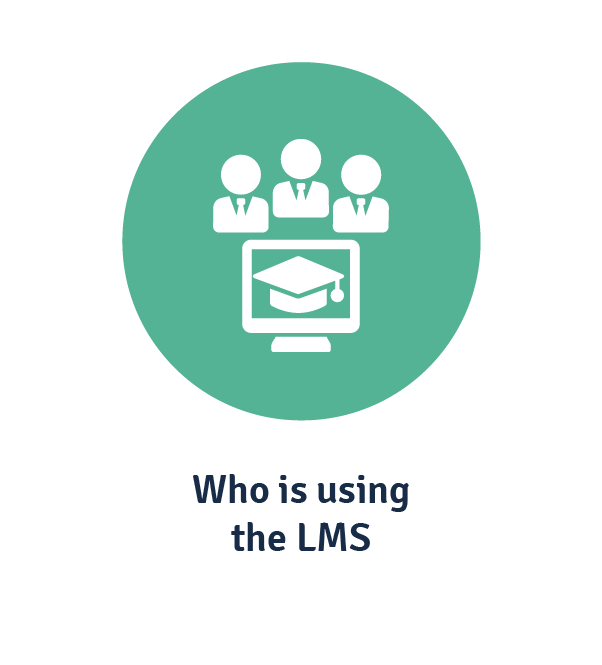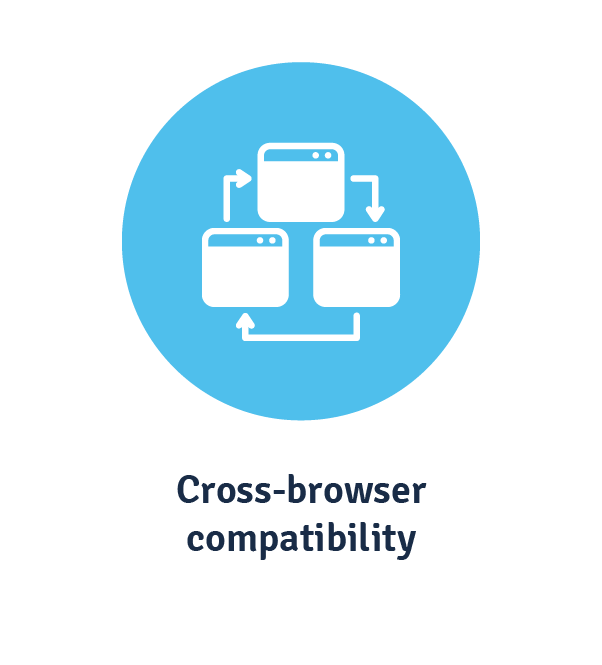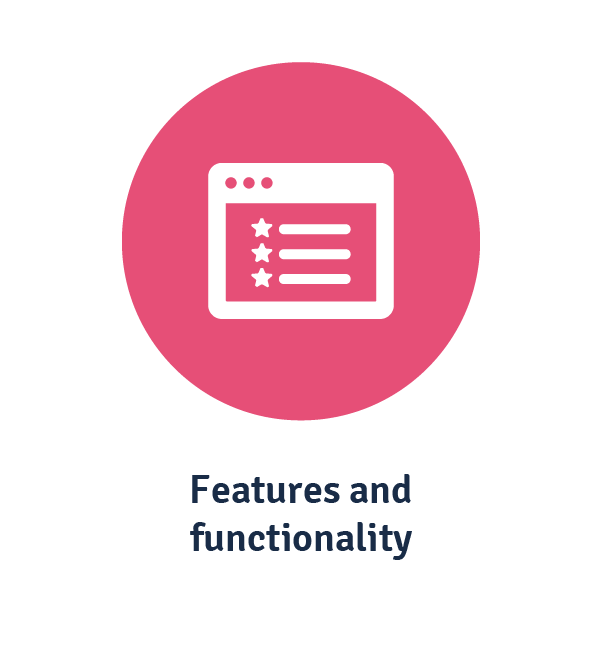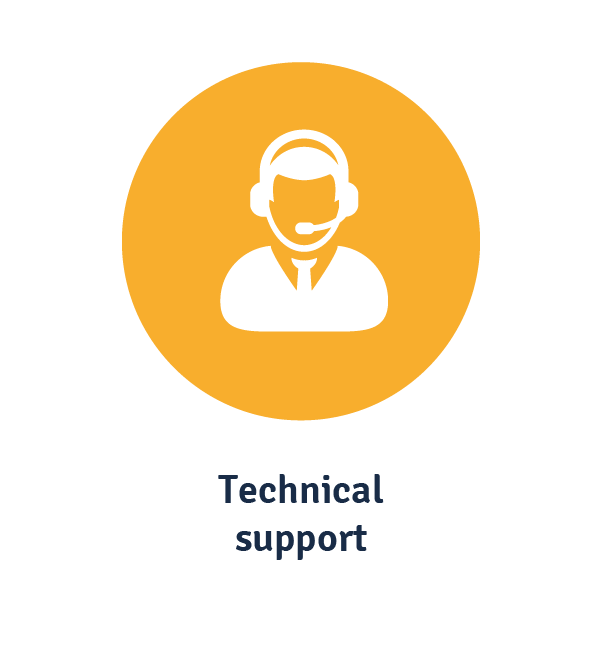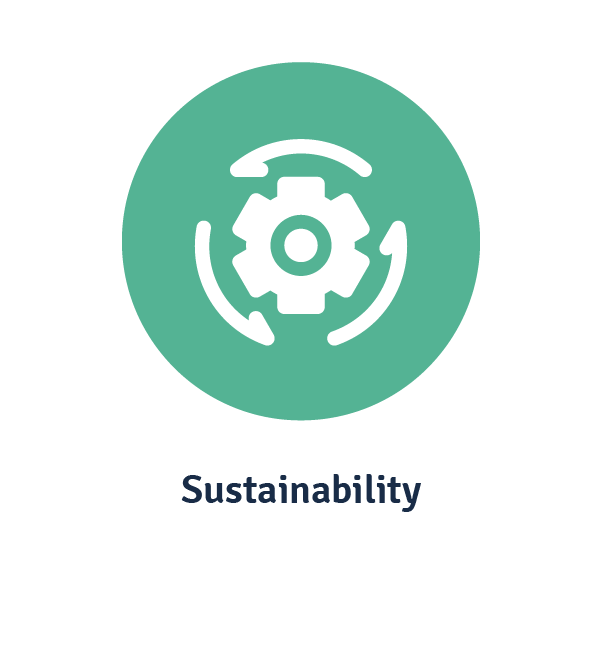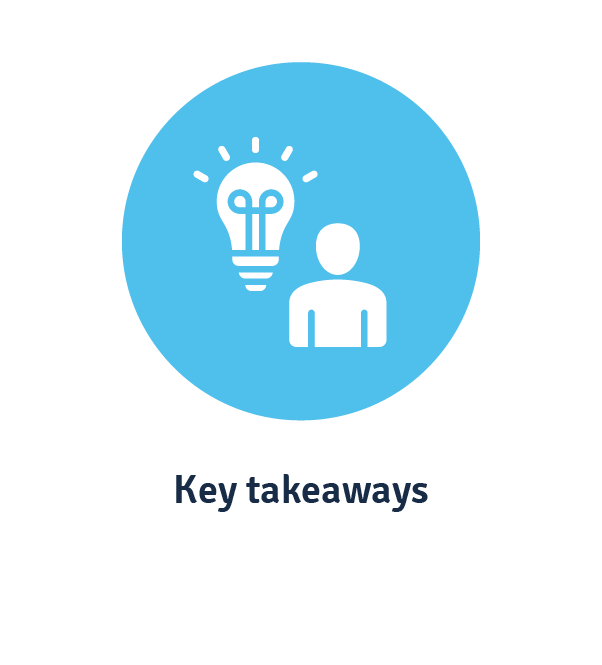Choosing an LMS can be a difficult process. After all, there are hundreds of different options available for purchase and each one comes with their own advantages and disadvantages. As an HR professional, knowing which ones will deliver benefits to your company isn’t just something that you might intuitively understand. Opt for the wrong one, and it can prove to be costly – not just for your company’s resources, but for employee motivation as well.
In this article, we will take you through what you need to know when purchasing an LMS so that you can select the right one for your company and its employees.
What you need to consider when buying an LMS
There are a number of things that you need to take into account before investing in an LMS so that you don’t suffer from buyer’s remorse. Here are some of the most important.
What is the LMS solving for?
Before opting for an LMS, it’s imperative that you have a clear idea of what tasks it will need to perform and what the LMS user should gain from each learning session. Are you looking for a system that will train employees on internal procedures such as social media and/or sexual harassment policies? Perhaps you require ongoing compliance training to keep staff in line with industry recommendations. Or maybe you’re investing in optional courses to help employees improve their management skills, or managing face-to-face training.
Generally speaking, if your content is intended to help users with decision-making processes, then an LMS that offers a high level of interactivity through graphics, courses, quizzes and so on might be right for you.
On the other hand, if your content is meant to simply inform users about situations that will then be tested in real-life, such as many types of compliance testing, then a more straightforward, click-and-read LMS provider could prove to be more time- and cost-effective for your goals.
Who will be using the LMS?
This is actually a two-part consideration, since it’s important to think not just about who the intended audience of the LMS is, but also who will be responsible for creating the content.
For the first part, you should have a clear idea of which stages of the employee lifecycle the LMS will be utilised for. For example, eLearning platforms can often used during the onboarding stage for training new employees and getting them up to speed with a company’s mission and structure, though it can also be integrated into any stage from recruitment to exit. Alternatively, LMS are widely utilised throughout the lifetime of an employee in an attempt to consistently upskill, train and ensure their compliance with industry standard.
For the second part of this, knowing the relative expertise of the team responsible for creating the eLearning content on the LMS is integral to your choice. If they are extremely familiar with a variety of learning management systems, opting for a more high-powered and complex option might not be a bad idea. If they’re relatively inexperienced, however, a more supportive and guided LMS should be considered, as these can definitely still deliver eLearning content of a high quality.
Want to see Acorn PLMS in action?
Hit the book a free demo button here, take seconds to fill in your details, and find out how Acorn can help you succeed.
Is cross-browser compatibility important?
This is a bit of a trick question – of course, cross-browser compatibility is important! You should opt for an LMS that allows for your eLearning content to be accessed without issue across a variety of browsers. The easiest way to do this, generally speaking, is to choose an LMS that is HTML5-compliant, as this set of standards is available on almost all browsers.
There are a number of benefits to having an LMS that comes with cross-browser compatibility. Better performance, improved reach, and a more uniform learning experience are just some of these advantages. Given that mobile devices now account for about half of all web traffic worldwide, it’s more important than ever that your eLearning resources can be easily accessed from more than just desktop computers.
What kind of tracking and reporting is necessary?
One of their most consistent and reliable features is the LMS’s ability to track and provide detailed analysis of learning data for the user as well as the administrator. Being able to monitor how your employees respond to the eLearning content is instrumental in optimising it to provide them with the best learning environment possible.
Before purchasing an LMS, you need to consider what kind of detail you’ll require from this data. Certain proprietary options may only give you access to a limited range of analysis solutions, and so understanding whether this will suffice for your purposes is essential.
What included is in the pricing? What is the cost?
An LMS can either be self-hosted or cloud-hosted, and depending on which you choose, the cost can vary significantly.
A self-hosted LMS generally allows for greater control and privacy, yet the costs of setting the system up and subsequently maintaining it can be sizable. In contrast, a cloud-hosted LMS comes with a team dedicated to providing maintenance, security, and problem-solving. However, your data will not be stored internally but instead off-site, meaning that you may not have as much control over it.
In terms of pricing, there are different factors to take into account. The monthly or annual subscription cost, the price per additional user, and whether or not batch discounts are applicable are some of the more pertinent expenses in this regard, and knowing how these can vary is a great way of safeguarding your company from incurring any unexpected costs.
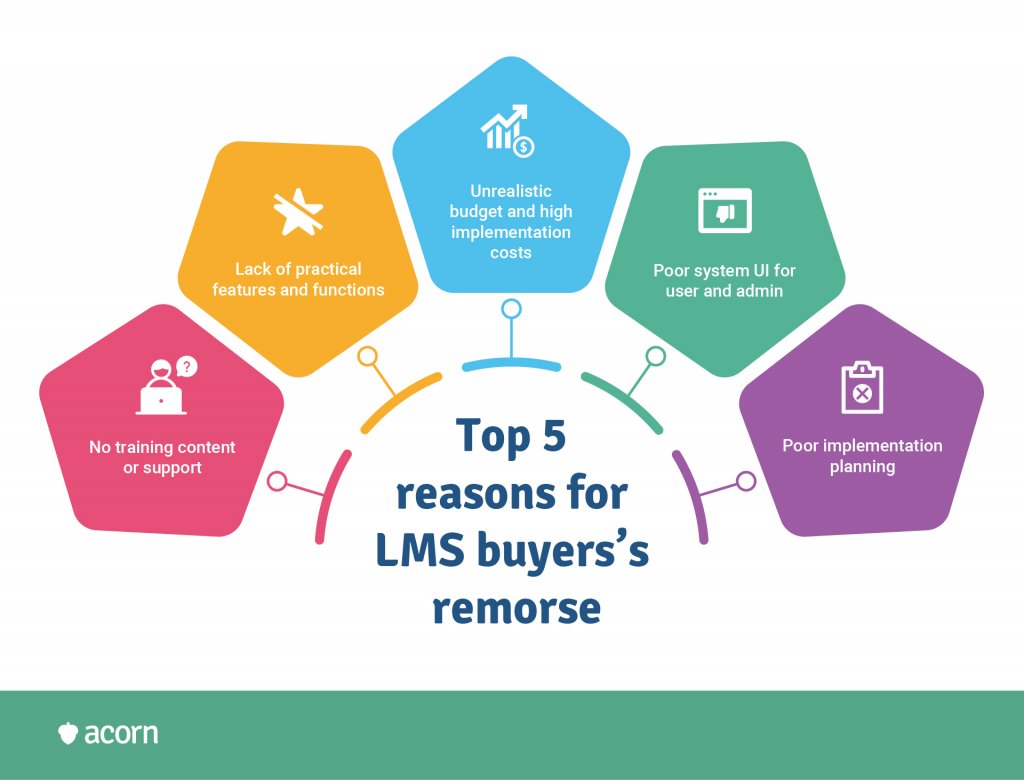
What features are nice but not needed?
While it’s always nice to have an LMS with top-end solutions and endless customisability, you should make sure that these will be necessary for your company’s eLearning content either now or, at least, in the future. Investing in an LMS with a plethora of high-end features can increase the overall cost considerably and if they serve no identifiable purpose, ultimately represent an avoidable expense.
It’s important to remember that an LMS with an overcomplicated back-end is not necessary to create engaging and high-quality eLearning content. Many LMS providers offer templates and guides that even allow relative novices to operate comfortably.
How important is customer support?
If an LMS provider doesn’t deliver round-the-clock customer support, this can prove to be difficult, particularly if employees from very different time zones are accessing your eLearning content. Having a clear idea of what level of customer support you can expect to receive is vital.
An element that’s adjacent to customer support, and can sometimes prove to be equally as important, is the kind of online community that a specific LMS enjoys. An LMS with an actively engaged and responsive online community can be extremely useful when an issue develops, as can help guides and instructional videos.
How future-proof is the LMS?
Though future-proofing can be a difficult thing to determine or predict, it is an essential consideration when deciding on which LMS is best for your company. Checking the regularity of past updates, how active a specific LMS’s community is, and how quickly common bugs or issues are dealt with by the support team are all very handy ways of using past performance to get an idea of how well-maintained an LMS will be in the future.
One further aspect of future-proofing to consider is whether or not these updates are free or come at a cost. Additionally, it is always good to know if you have to keep an eye out for any relevant updates, or if they are automatically performed.
With this guide in mind, you should now be able to begin comparing potential LMS solutions for your company in an informed manner.
Key takeaways
An LMS is a complex software product. Your organisation is a nuanced ecosystem, with many limbs to support. The wrong LMS can leave any number of those limbs without support, cut off or worse off than how it started. It pays to take a step back and ensure you’re doing your due diligence when buying an LMS.
Consider what you need the learning management system to do for you. Is that:
- Solving an organisational pain point? What about a specific L&D issue?
- Integrating with your current software stack?
- Providing detailed analytics?
- Saving you money long-term?
- Scaling for future goals?
When you’ve answered these questions, you’ll have a better understanding of the ecosystem the LMS is fitting into and what will complement, enhance and improve your organisational environment.
Take control of your eLearning priorities
Related Reads on This Topic

How To Conduct An LMS Features Comparison
Plus a downloadable and comprehensive checklist you can take to vendors.

The Ultimate LMS Pricing Comparison Guide
All the obvious, not-so-obvious and sometimes sneaky differences in LMS pricing.

Non-Negotiable LMS Reporting and Analytics Tools
Unless you want to manually trawl through all the learning data your employees will create, that is.

